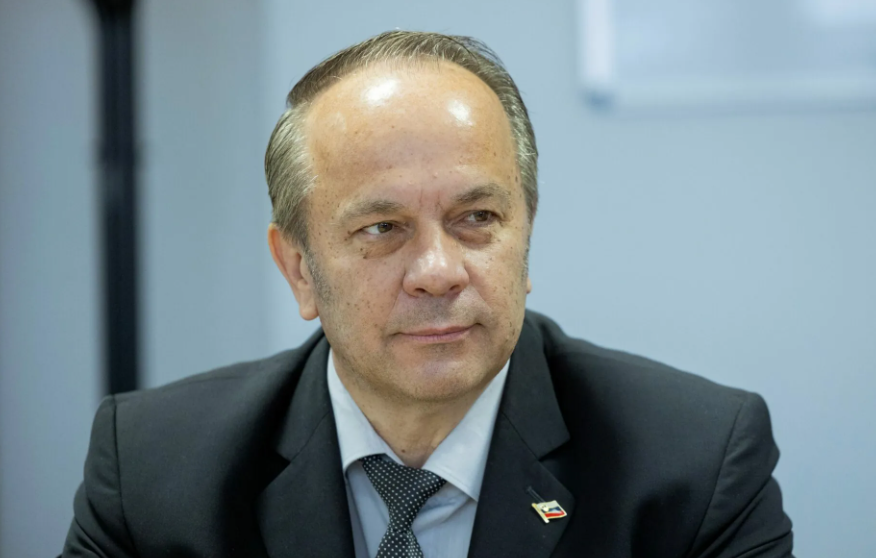Slovenian Member of the European Parliament, Branko Grims, MSc, has written an open letter to the Chair of the European Parliament’s Committee on Civil Liberties, Justice and Home Affairs (LIBE), Javier Zarzalejos, and to the President of the European Parliament, Roberta Metsola, regarding Wednesday’s meeting of the LIBE Committee.
“Today’s meeting of the Committee on Civil Liberties, Justice and Home Affairs – LIBE was convened with an agenda item directly concerning the EU Member State, the Republic of Hungary, and its competencies (residence of foreigners). The official representative of the Government of the Republic of Hungary was not invited to attend the meeting to discuss this item, despite his obvious wish and willingness to do so,” he wrote in his introduction.
Instead of attending an official meeting of the European Parliament’s working body responsible for this issue, LIBE, the representative of the Government of the Republic of Hungary, together with the head of their delegation to the European Parliament, had to present the facts at a press conference. Meanwhile, at the LIBE meeting, we heard European Commissioner Johansson (Social Democrats) say that “there are several uncertainties” and that “the Hungarian government should clarify more things about the latest decisions,” added Branko Grims.
“But how can they explain anything to her if they were not even invited to the meeting?” MEP Grims wondered. “I find this way of working in the European Parliament and its working bodies unacceptable and it casts a bad light on the democratic functioning of the European Parliament, and I strongly protest against such methods of working.”
Whenever an issue specifically concerns an EU country, it is essential to invite representatives of that country’s government to attend the working body or plenary session of the European Parliament. This must happen as a matter of course and unconditionally, regardless of whether a government specifically expresses its wish to take part in the meeting, for example, by means of a formal letter, or whether a specific proposal is tabled by a group of MEPs. A fundamental democratic rule requires that, when a problem is being discussed, all those directly affected by the problem should be given the opportunity to express their views on an equal footing.
The European Union is a voluntary association of sovereign states, which makes consistency in respecting this democratic rule all the more important, Grims added in his open letter.
Sara Kovač


